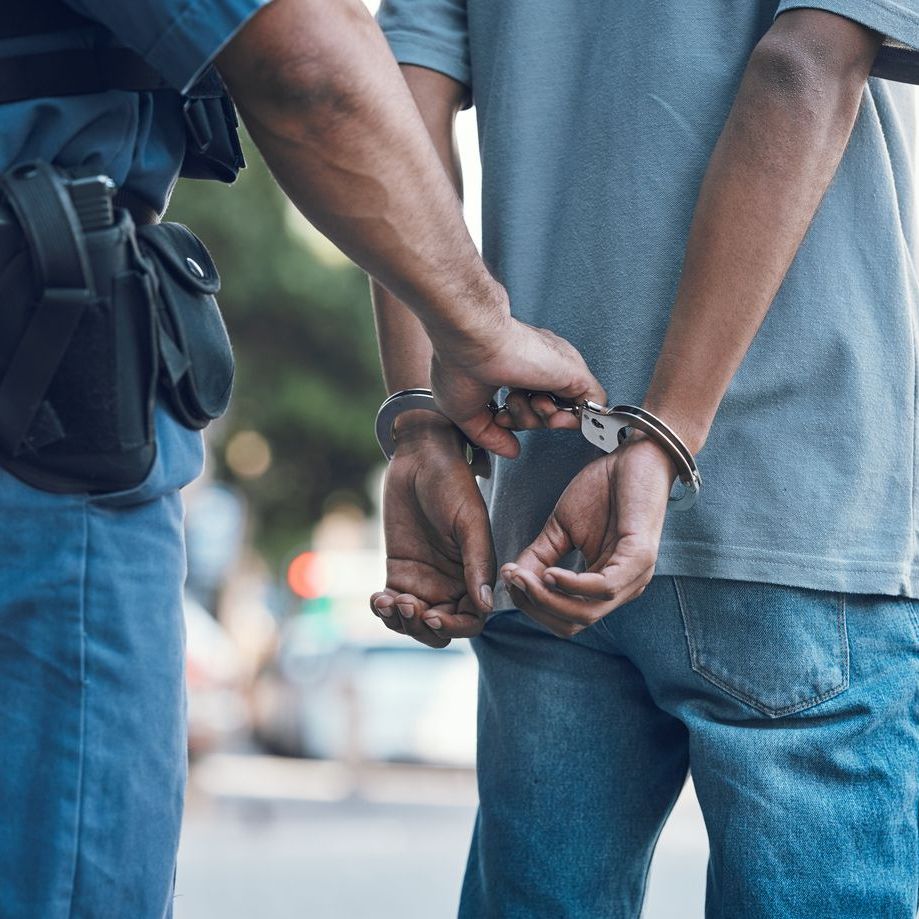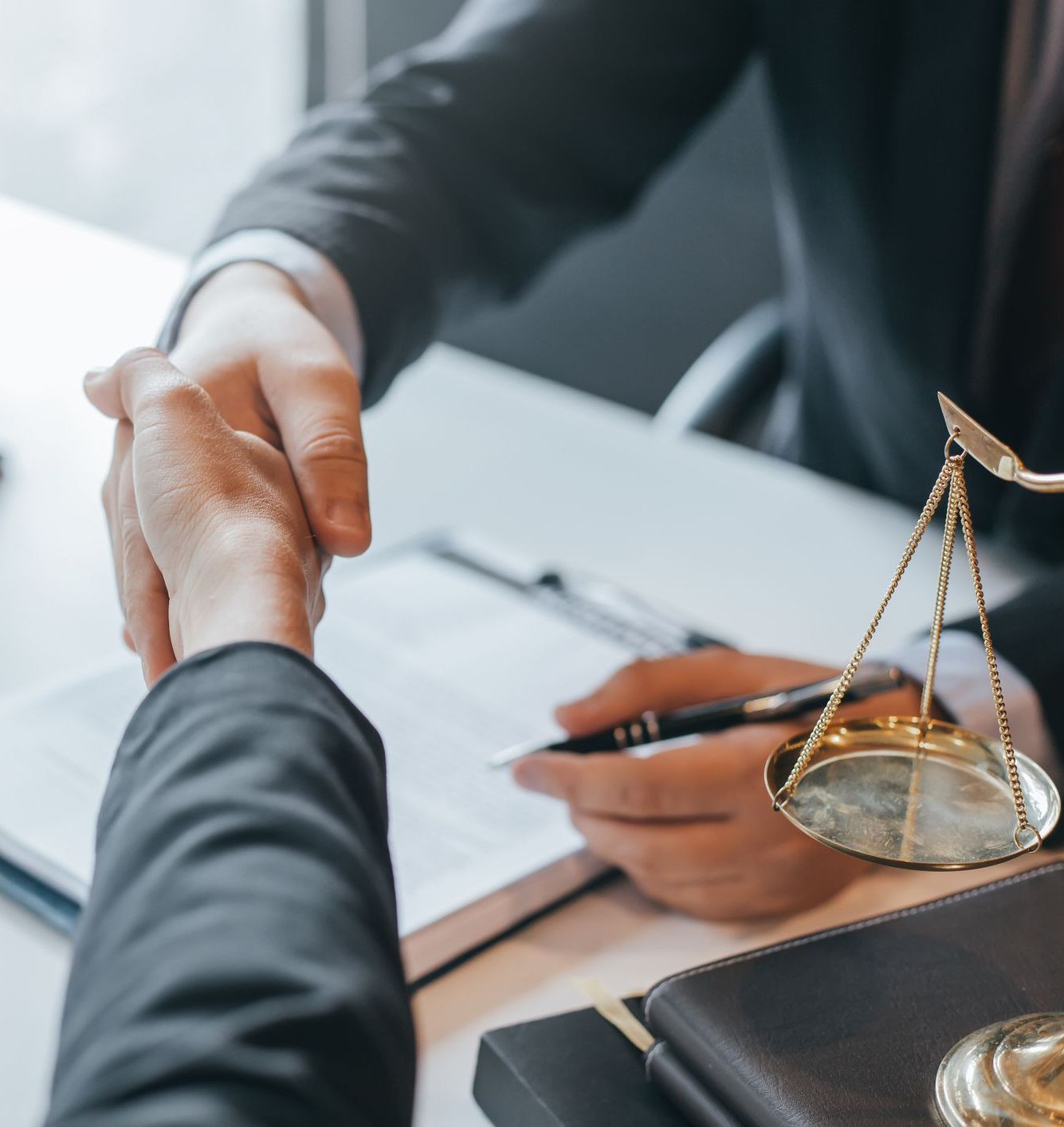As trusted criminal defense law firm in Georgia, we have the experience, resources, and expertise to secure the most favorable outcome for our clients. If you have been charged with disorderly conduct, don’t delay — contact our law firm for expert legal guidance.
We live in a country that offers robust personal freedoms, but those liberties aren’t endless. Certain behaviors — particularly those that negatively impact others — exceed the limits of personal freedom and can become chargeable as disorderly conduct offenses.
Similar to most criminal offenses, disorderly conduct is at times ambiguous and difficult to pinpoint. The ambiguity of this charge gives law enforcement broader powers to arrest people and charge them with disorderly conduct. The penalties for this charge can be steep and can result in life-altering consequences. Avoiding conviction is the ultimate goal.
If you have been charged with disorderly conduct in Georgia, you need to act now to protect your future. Don’t worry — Joseph Williams Law is here to assist in navigating the legal complexities of your charges. This article will explain everything you need to know about disorderly conduct charges. This includes pertinent legal definitions, potential penalties, common legal defenses, and more.
Understanding Disorderly Conduct Charges
According to Georgia criminal law, disorderly conduct charges encompass a range of potentially harmful or disruptive behaviors that threaten public peace and tranquility. Disorderly conduct laws are governed by Georgia Code § 16-11-39, which says that a person commits the offense of disorderly conduct when they engage in any of the following:
- Violent or tumultuous acts. This includes engaging in fights or violent, tumultuous behaviors that damage property or cause others to fear for their safety. It also includes disturbing the peace, which refers to creating a disturbance that disrupts public order, creates unreasonable noise, or results in an immediate breach of the peace.
- Obscene language. Using lewd, obscene, vulgar language or profane, abusive language in a public place or making offensive gestures with the purpose of provoking chaos or a violent response is also considered disorderly conduct. This subsection is referred to as “fighting words.” It’s also unlawful to use this type of language in the presence of or by telephone to a person under the age of 14 years.
- Hazardous acts. This refers to creating a false alarm, falsely reporting an emergency, and creating hazards or situations that endanger public safety with no legitimate purpose.
Engaging in any of these activities can result in criminal charges. If convicted of disorderly conduct in Georgia, you will face a range of possible penalties.

Penalties for Disorderly Conduct
In most cases, disorderly conduct is classified as a misdemeanor offense in Georgia. The penalties for this charge depend on several factors. These factors include the unique circumstances of the incident, as well as a defendant’s criminal record. Here are a few of the possible penalties associated with conviction:
- Fines. Disorderly conduct is punishable by fines up to $1,000.
- Imprisonment. A conviction may result in a jail sentence of up to 12 months.
- Probation. Defendants may also be sentenced to probation. This would require them to submit to regular check-ins with a probation officer, to complete various requirements, and to avoid further criminal activity.
- Community service. In some cases, the court will also sentence an individual to community service hours.
- Counseling or educational programs. If convicted, a defendant may also need to attend counseling, anger management, or other educational programs.
Certain aggravating factors can enhance the penalties associated with conviction. These factors may include repeat offenses, other damaging conduct, and bodily harm to victims.
Common Legal Defenses to Disorderly Conduct Charges
The best defense strategy for you will depend on the specific details of your case and whether or not you have a criminal history. There are several common defenses we can help you explore. Here are a few of the arguments we may be able to make on your behalf:
- Freedom of speech and assembly. Your actions or speech are protected by the First Amendment and should not be criminalized as disorderly conduct.
- Protecting oneself or others. You were defending yourself or others from an imminent threat and acted reasonably in proportion to the threat you believed you were facing.
- Insufficient proof. The prosecution lacks sufficient evidence to prove you committed disorderly conduct beyond a reasonable doubt, and your case should be dismissed.
- Wrong person accused. Your charges are the result of a mistaken identity, and you are not the person who committed the alleged disorderly conduct. This can be proven by a strong alibi or witness testimony.
- Private conduct. Your actions occurred in a private setting, such as inside your house or a private residence, and did not disturb the public peace — meaning it lacks the necessary criteria to be charged as disorderly conduct.
- Malicious or false claims. Your disorderly conduct charge is based on false or malicious accusations, which can be demonstrated by strategically discrediting the accuser’s testimony and questioning their motives.
- Vague or ambiguous statutes. We may be able to argue that the disorderly conduct statute is too vague or too broad and doesn’t directly address the nature of your behavior in the alleged incident.
- Not fighting words. The words used do not rise to the level of being considered “fighting words.”
This is not an exhaustive list, but merely a few of the many possible defenses our team can help you explore. After a thorough review of your case details, we will custom-tailor a defense strategy that gives you the best possible chance to avoid conviction.

Joseph Williams Law: Leading Criminal Defense Attorneys in Georgia
Remember: Just because you were charged with disorderly conduct does not make you guilty. Nevertheless, avoiding conviction will require expert legal assistance from a top criminal defense lawyer in Georgia. Luckily, you don’t have to look too far: The team at Joseph Williams Law is here to offer customized legal advice and help you navigate your legal options. Schedule an appointment to speak with a passionate Statesboro defense attorney today.
